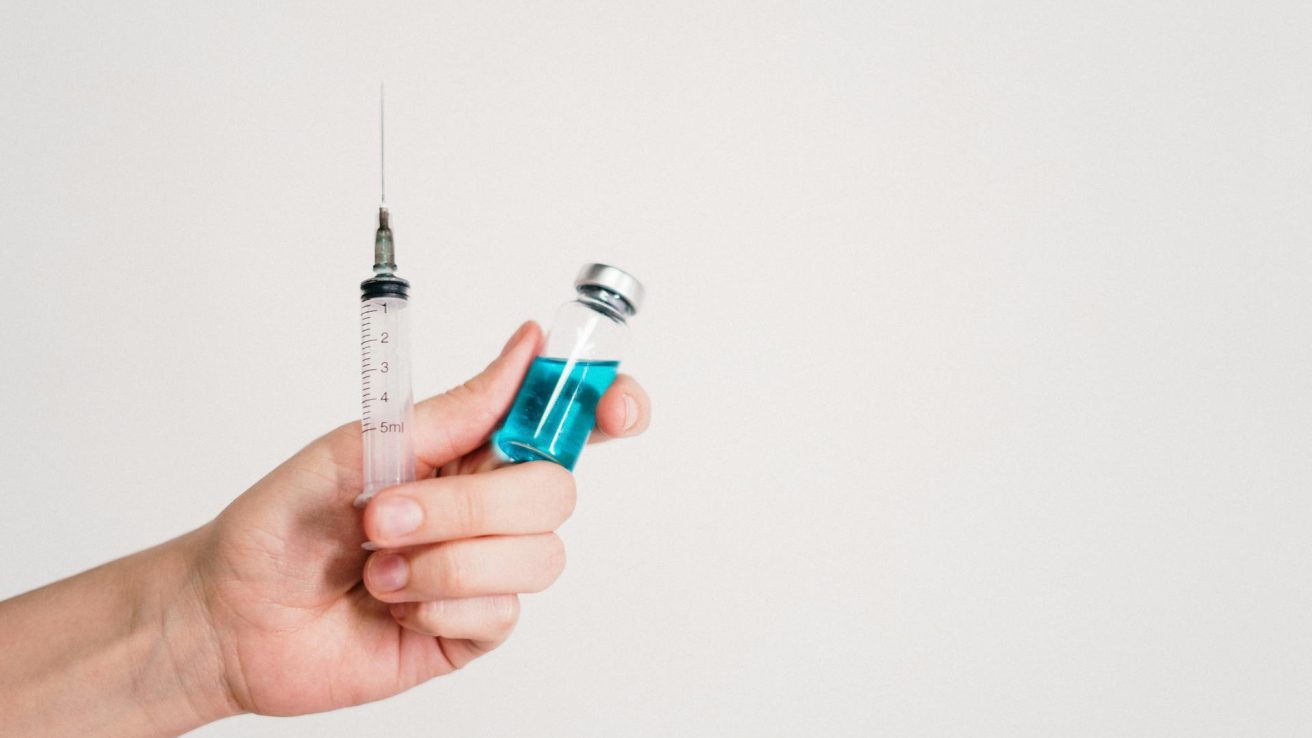Dupilumab effectively manages atopic dermatitis by reducing clinical scores and improving itchiness, sleep quality, disease control, and overall quality of life, according to the results of a single-center retrospective study.
Atopic dermatitis (AD) is a chronic, inflammatory skin condition characterized by severe itching and recurrent eczematous skin lesions. AD is associated with symptoms such as difficulty sleeping, decreased quality of life, anxiety, and depression. Itching is a major symptom of AD and significantly affects patients’ psychological and social well-being, as well as their quality of life. Itch severity is linked to a reduction in quality of life and the presence of signs of depression.
Interleukin (IL)-13 and IL-4 play a crucial role in the inflammatory process of AD, leading to skin barrier dysfunction, immune system dysregulation, and persistent type-2 inflammation. Dupilumab is a humanized monoclonal antibody that targets the IL-4 receptor alpha chain, which is shared by both type 1 (IL-4-specific) and type 2 (IL-4- and IL-13-specific) IL-4 receptor complexes, effectively blocking the signaling of both IL-4 and IL-13.
This study analyzed trends in patient-reported outcomes over a 4-year period in patients with severe AD treated with dupilimab at the dermatology unit of a hospital in Milan, Italy. The study’s results are published in the journal Pharmaceuticals.
Rapid and Sustained Improvement in Psoriasis Severity
Patients experienced a rapid decrease in their Eczema Area and Severity Index (EASI) scores, with the median dropping from 26.0 at baseline to 7.0 within the first monthly treatment period (T1). This substantial improvement continued throughout the study, with the median score reaching 1.0 by T48, indicating a significant and sustained reduction in psoriasis severity. Additionally, the median percentage improvement in EASI scores compared to baseline exceeded 77% at T1 and remained above 93% by T8. Progression in improvement continued beyond T12, reaching a median improvement of 97.6% (95.8–100.0) at T48.
Bimekizumab Offers Rapid and Long-Lasting Itch Relief
Patients experienced a rapid decrease in itch severity, with the median score on the Pruritis Numeric Rating Scale (NRS) dropping significantly from 8 at baseline to 4 within the first treatment period. This improvement continued throughout the study, with the median NRS remaining low and decreasing by T48. Additionally, the percentage of patients experiencing the most severe itch categories significantly declined from almost 90% at baseline to less than 3% by T48.
Poem Scores Show Significant and Lasting Improvement With Treatment
The study found that there were significant improvements in the Patient-Oriented Eczema Measure (POEM) scores during the treatment period. The median scores decreased quickly from the beginning of the study (baseline) to T1, and this improvement continued until T48, indicating a sustained improvement. The median POEM improvement from baseline ranged from 58.2% to 86.4%, progressively. Furthermore, there was a substantial decrease in the percentage of patients classified as having very severe or severe POEM scores from baseline to T1, and this low level was maintained throughout the study.
Improvements in Atopic Dermatitis Control Test Scores
The study observed significant improvements in scores on the Atopic Dermatitis Control Test (ADCT). The median score started at 21.0 and rapidly decreased to 7.0 at T1, 5.0 at T4, and 3.0 at T12. The percentage of patients with ADCT scores suggesting uncontrolled AD reduced considerably from 100% at the beginning to 59.5% at T1, then dropped further to 13.2% at T12, and marginally increased to 16.7% at T48.
Enhanced Quality of Life Demonstrated by DLQI Scores
The scores of the Dermatology Life Quality Index (DLQI) showed significant improvements throughout the study. Initially, the median score was 15.0 at baseline but rapidly decreased to 5.0 at T1, 3.0 at T4, and 2.0 at T12, remaining stable thereafter. The median percentage improvement from baseline increased from 61.3% at T1 to 92.2% at T48.
No Severe Side Effects
Out of the 126 individuals analyzed, 18.2% experienced grade I eosinophilia, 21.4% had grade I or II conjunctivitis, 2.4% reported grade I asthenia, 0.8% had grade II herpetic infection, 0.8% experienced concurrent onset of psoriasis (grade II), and 16.7% reported grade II dupilumab-induced facial redness. Importantly, no severe adverse effects were recorded.
Source:
Barei, F., Zussino, M., Tavecchio, S., Angileri, L., Rizzo, A., Calzari, P., Marzano, A. V., & Ferrucci, S. (2024). Assessment of Patient-Reported Outcomes at 48 Months of Treatment with Dupilumab for Severe Atopic Dermatitis: A Single-Center Real-Life Experience with 126 Patients. Pharmaceuticals, 17(1), 117. https://doi.org/10.3390/ph17010117









